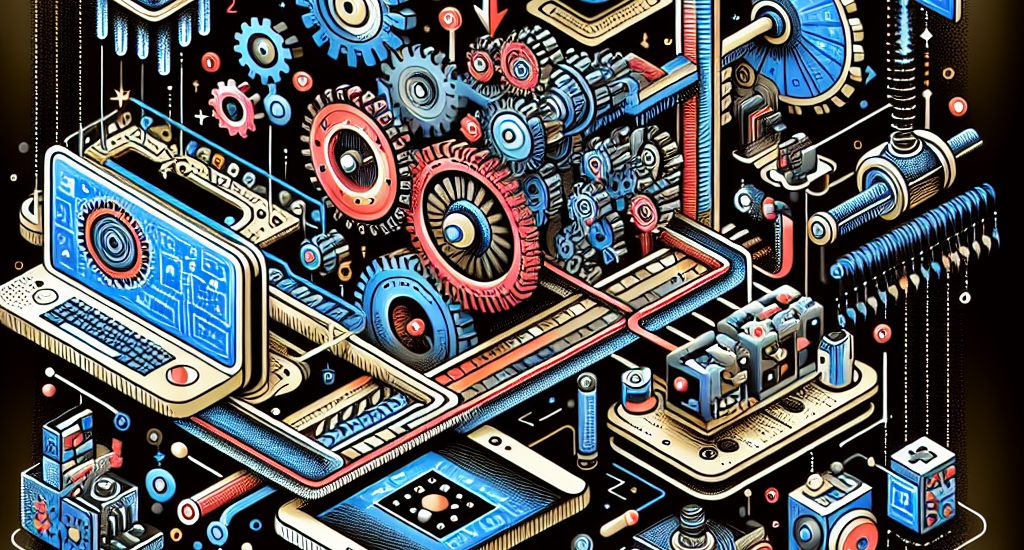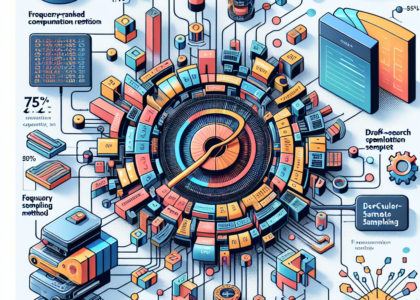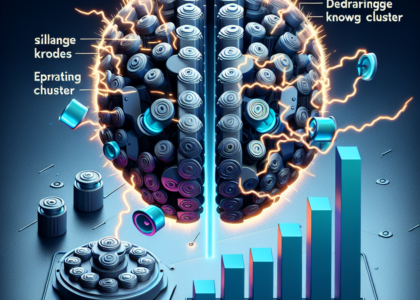Authors: Can Qin, Congying Xia, Krithika Ramakrishnan, Michael Ryoo, Lifu Tu, Yihao Feng, Manli Shu, Honglu Zhou, Anas Awadalla, Jun Wang, Senthil Purushwalkam, Le Xue, Yingbo Zhou, Huan Wang, Silvio Savarese, Juan Carlos Niebles, Zeyuan Chen, Ran Xu, Caiming Xiong
Abstract: We present xGen-VideoSyn-1, a text-to-video (T2V) generation model capable of
producing realistic scenes from textual descriptions. Building on recent
advancements, such as OpenAI’s Sora, we explore the latent diffusion model
(LDM) architecture and introduce a video variational autoencoder (VidVAE).
VidVAE compresses video data both spatially and temporally, significantly
reducing the length of visual tokens and the computational demands associated
with generating long-sequence videos. To further address the computational
costs, we propose a divide-and-merge strategy that maintains temporal
consistency across video segments. Our Diffusion Transformer (DiT) model
incorporates spatial and temporal self-attention layers, enabling robust
generalization across different timeframes and aspect ratios. We have devised a
data processing pipeline from the very beginning and collected over 13M
high-quality video-text pairs. The pipeline includes multiple steps such as
clipping, text detection, motion estimation, aesthetics scoring, and dense
captioning based on our in-house video-LLM model. Training the VidVAE and DiT
models required approximately 40 and 642 H100 days, respectively. Our model
supports over 14-second 720p video generation in an end-to-end way and
demonstrates competitive performance against state-of-the-art T2V models.
Source: http://arxiv.org/abs/2408.12590v1





